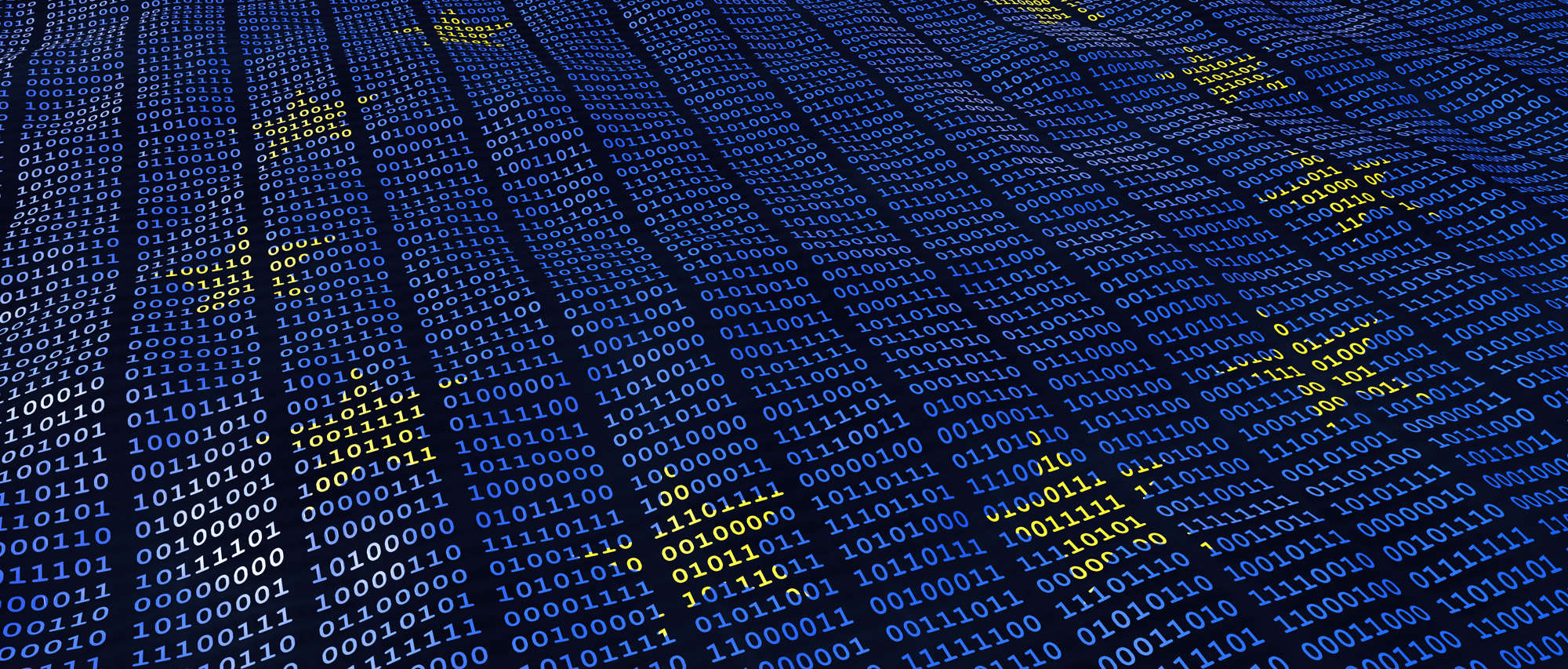How will GDPR affect marketing? - everything that marketers need to know about GDPR

Any organisation that uses data at the centre of their sales and marketing activities – and that’s just about everyone – will be impacted by the EU General Data Protection Regulation (GDPR). The GDPR is designed to standardise laws related to data transparency and privacy, affecting how companies collect, store, and process personal data. In this blog post, we explore what GDPR means for marketing, specifically focusing on GDPR marketing consent and its impact on marketing strategies.
What is EU GDPR?
The EU General Data Protection Regulation (GDPR) is a comprehensive set of reforms aimed at modernising data protection laws for the digital age. A key aspect of GDPR is ensuring transparency and governance in data usage. Importantly, GDPR requires companies to clearly communicate what data they collect and obtain explicit GDPR marketing consent from individuals before using their data for marketing purposes.
Historically, the way marketers have obtained consent for personal data—particularly in digital and direct marketing—has been ambiguous. The GDPR replaces the outdated Data Protection Directive (DPD) and introduces strict guidelines to ensure companies comply with new standards of consent and data handling.
Core Principles of GDPR and Marketing
The regulation enforces eight key principles that every marketer must understand:
- The right to be informed: Marketers must provide clear, fair processing information, often through a privacy notice, to ensure transparency.
- The right of access: Individuals have the right to request access to their personal data.
- The right to rectification: Customers can demand corrections to inaccurate or incomplete personal data.
- The right to erasure (the ‘right to be forgotten’): Individuals can request the deletion of personal data when there is no legitimate reason for continued processing.
- The right to restrict processing: Marketers can store data but not process it further if a restriction is requested.
- The right to data portability: Customers can transfer their personal data between services.
- The right to object: Individuals can decline the use of their data for marketing and profiling.
- sRights related to automated decision-making and profiling: Customers have the right not to be subject to
decisions based solely on automated data processing.
GDPR Marketing Consent: A Must for Marketers
A major shift under GDPR is the need for explicit GDPR marketing consent. If you engage in email marketing, online advertising, or use data-driven marketing strategies, your business must comply with stricter consent rules. Here’s what marketers need to know:- Explicit Consent Required: Users must opt in to receive marketing communications—pre-ticked checkboxes and implied consent are no longer valid.
- Proof of Consent: Businesses must maintain a verifiable record of consent, tracking when and how individuals provided their permission.
- Easy Opt-Out: Individuals must be able to withdraw their consent as easily as they provided it.
What GDPR Means for Marketing Practices
Every touchpoint where customer data is collected—whether through websites, email campaigns, or customer relationship management (CRM) systems—must comply with GDPR regulations. Here’s a breakdown of how GDPR affects different aspects of marketing:
GDPR and your website
Cookies and tracking technologies play a crucial role in digital marketing, but GDPR requires websites to obtain explicit consent before tracking user data. Marketers must:- Ensure cookie consent is clear, specific, and unambiguous.
- Provide an easy way for users to withdraw consent at any time.
GDPR and your CRM
Data storage and processing are at the heart of GDPR compliance. Businesses using customer relationship management (CRM) systems must:- Collect and store only the necessary customer data.
- Encrypt stored data to prevent unauthorized access.
- Ensure processing methods anonymize data to protect individual privacy.
- Restrict access to personal data based on roles within the organization.
GDPR and email marketing
Email marketing faces the biggest transformation with GDPR. To ensure compliance:- Businesses must have documented proof of GDPR marketing consent before sending marketing emails.
- Purchased email lists must come with valid proof of consent from recipients.
- Recipients must have a clear option to unsubscribe from communications at any time.
GDPR and Software Development
Companies developing software products must adopt privacy by design and privacy by default principles. This means:- Data protection safeguards should be integrated into products at the development stage.
- The strictest privacy settings should be the default upon acquiring a product or service.
Preparing for GDPR Compliance
With GDPR enforcement in full swing, businesses must ensure their marketing strategies align with compliance requirements. Here’s a quick checklist:- Conduct an audit of your data collection and storage practices.
- Update privacy policies and cookie notices for transparency.
- Implement clear and documented consent collection methods.
- Review CRM and email marketing tools to ensure compliance.